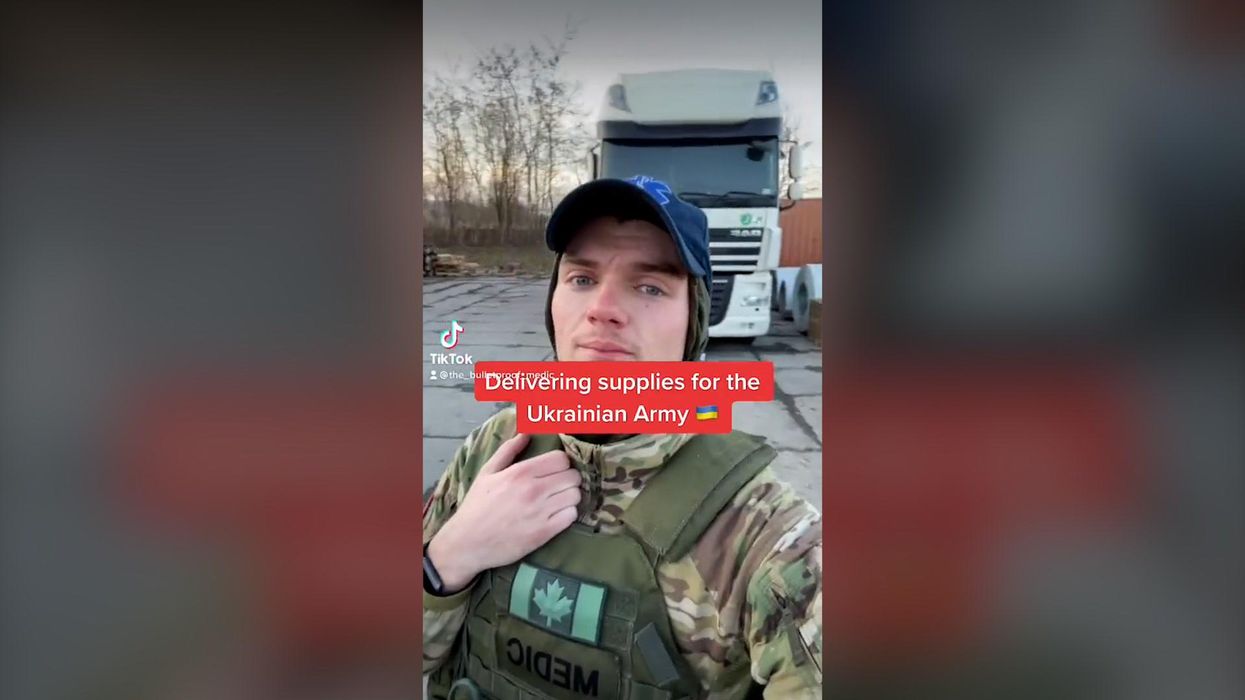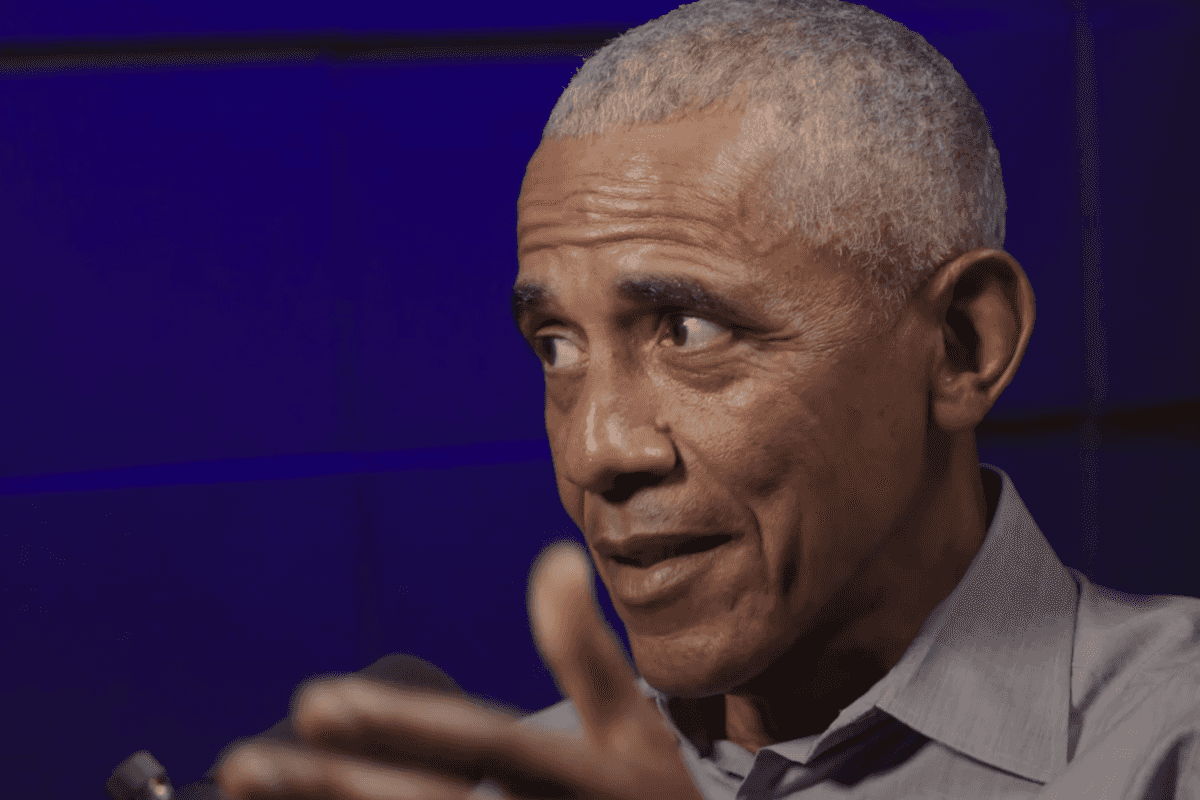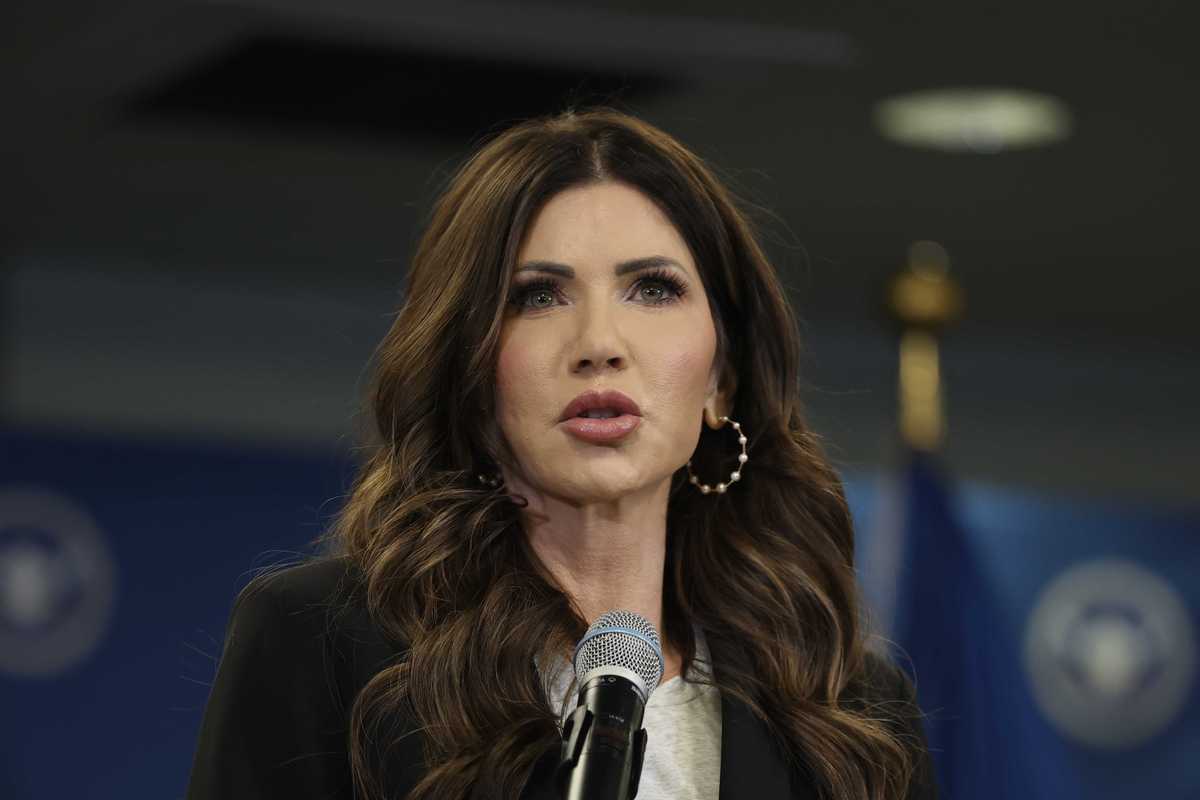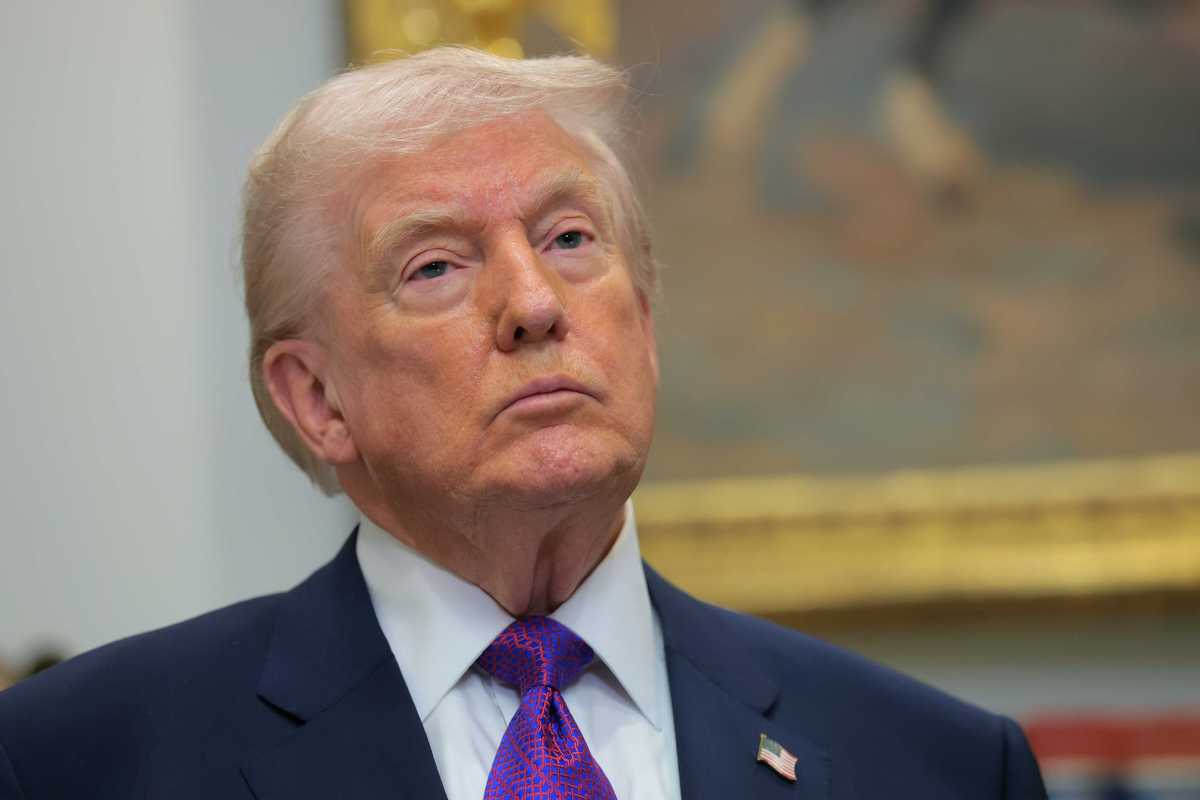Becca Monaghan
Mar 01, 2022
Canadian comedian volunteers as combat medic on Ukraine's border
TikTok
It's been almost a week since Vladimir Putin started his Ukraine invasion. On Sunday, the Russian leader put strategic nuclear weapons forces on high alert, prompting fears over their next steps.
Putin blamed his command on "unfriendly actions in the economic sphere", referring to sanctions and claimed Nato members had made "aggressive statements" towards Russia.
Kremlin spokesman Dmitry Peskov singled out Foreign Secretary Liz Truss' remarks, saying they were the reason for Russia's escalation.
But what could happen now following Putin's orders? Here's everything you need to know.
How likely is a nuclear attack?
Defence Secretary Ben Wallace said that while he understood the concerns, the phrasing is a "battle of rhetoric".
During interviews on Monday, he told Sky News he "was not going to speculate" on what Putin might do in the future. He later told BBC Breakfast Putin wanted to remind people he had a deterrent: "We don't see or recognise in the sort of phrase or the status he described as anything that is a change to what they have currently as their nuclear posture.
Sign up to our free Indy100 weekly newsletter
"This is predominantly about Putin putting it on the table just to remind people, remind the world, that he has a deterrent.
"We will not do anything to escalate in that area, we will not do anything to feed any miscalculation, we take it very, very seriously.
"But at the moment this is a battle of rhetoric that President Putin is deploying, and we just have to make sure we manage it properly."
Tom Tugendhat, Chairman of the Foreign Affairs Committee, stated that Russia sees battlefield nuclear weapons as simply "a bigger bang" and could give a military order to use them.
Some experts stated that it is unclear whether or not Putin would go ahead with a nuclear attack, while others quashed the possibility, stating that the mutual destruction would be too great.
Patricia Lewis, director of the international security programme at the thinktank Chatham House told PA News: "Now he's moved to a situation of combat, he can [launch a nuclear attack]. But will he? We don't know. This is the problem.
"Of course, he wants to frighten us. And I think Russia has long worked out that the West is far more frightened of Russian nuclear weapons than Russia is frightened of Western nuclear weapons, and I think that's true."
She added: "There is a possibility to retaliate against conventional force with nuclear weapons under Western doctrines, but it is generally believed that would be a last resort.
"I think there's been a sense over the last decade that Putin, along with [North Korean leader] Kim Jong-Un and [Former US President] Donald Trump, are people who could have just launched a nuclear weapon. So there's always been this unpredictability… I don't want to overplay it but I don't want to downplay it either."
Professor Chalmers meanwhile said that he thought it was "unlikely", adding: "Because any use of nuclear weapons would open up such a Pandora's box, and the possibility of escalation to the use of more nuclear weapons once one country has used them, the pressure on other nuclear weapon states to use them in response would be very considerable… the Russians understand that and so do the west. So it's a paradox."
What could happen in a nuclear attack?
Experts have suggested there could be retaliation strikes from other Nato nations if Russia were to launch an attack on a Nato country.
Casualties would depend on what area was attacked, though nuclear weapons have the capability to kill hundreds of thousands of people depending on how populated that area is. Others could be left injured as a result of radiation poisoning if a specific facility is targeted instead.
Professor Chalmers said would lead to "orders of magnitude worse than the Second World War".
What has Vladimir Putin said regarding nuclear weapons?
On Sunday, Putin met with his defence minister and the chief of the general staff, and instructed them to put the nuclear weapons on a "special regime of combat duty".
Outlining what this means, Patricia Lewis told PA News: "What we think has happened is that under peacetime, Russia has checks and balances in place so that they can't launch nuclear weapons.
"So in order to be able to launch nuclear weapons, President Putin has to change the status from peacetime to combat, hence the phrase he's 'put his forces on special mode of combat duty'. I think we would probably call it combat readiness but it's hard because of different languages and different meanings."
"What he seems to have done is created the legal platform to be able to launch if he wishes," she added.
Deputy director-general of RUSI (Royal United Services Institute), Professor Malcolm Chalmers, said that wording had not been used before, so it is not "entirely clear" what was meant.
"I haven't seen any reporting of changes in Russian nuclear forces postures," he told PA. "Obviously I don't have access to classified intelligence but I haven't seen reports as such.
"So it's not clear how that changes. It may be something to do with the particular authorisation mechanisms between the president and the nuclear forces or it may be nothing at all. What is clear is that this is designed to be something that we need to listen to. It's designed to be a reminder that Russia is a nuclear weapons power."
Have your say in our news democracy. Click the upvote icon at the top of the page to help raise this article through the indy100 rankings.
Top 100
The Conversation (0)














